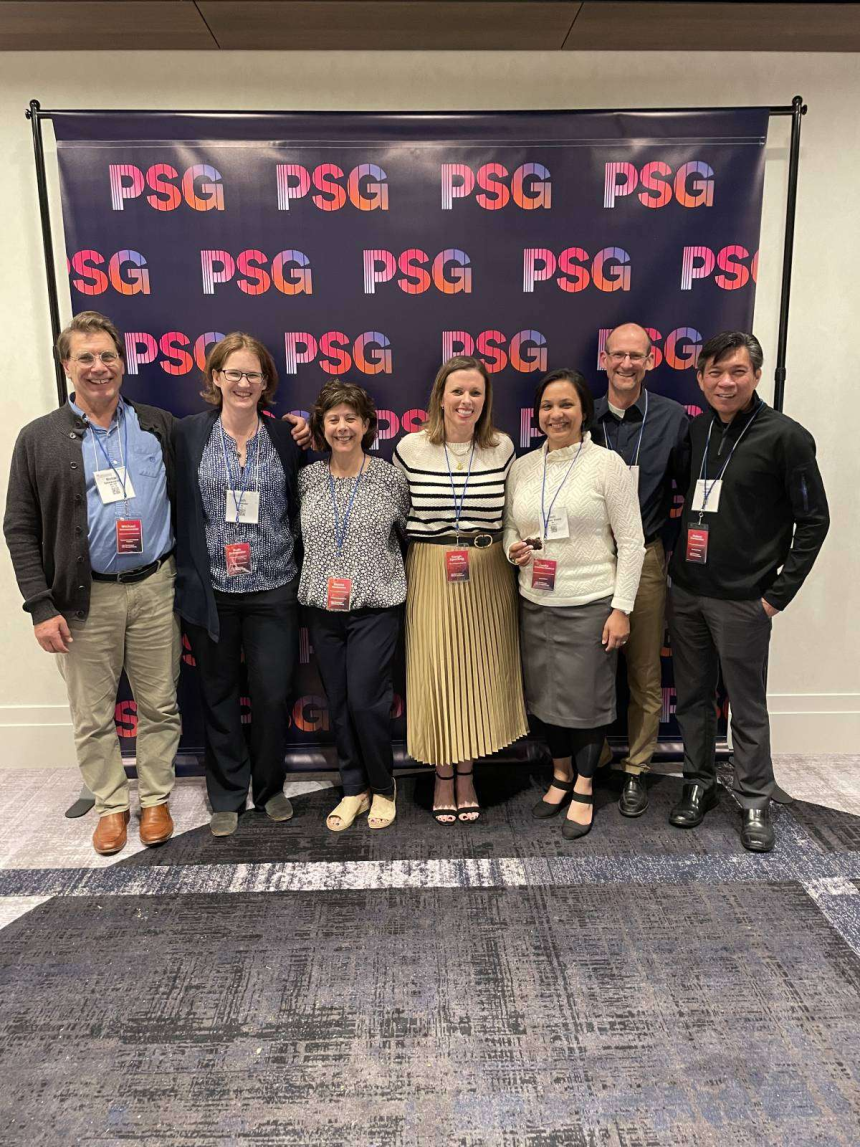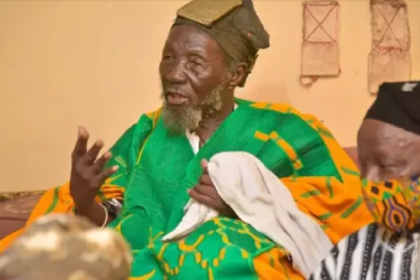The Paediatric Society of Ghana (PSG) has launched a Research Mentorship Programme to equip its membership with the knowledge to design and conduct quality and ethical research, to improve child health and influence policy locally and globally.
The programme also seeks to improve the quality of abstract presentations by members at the scientific session of the PSG’s Annual General Scientific Meeting.
Dr Hilda Mantemea Boye, the President of the Paediatric Society of Ghana, at the virtual launch, said although the PSG had been engaged in several advocacies and awareness on various child health conditions for some years now, however, the data needed to justify and drive such advocacy from their various facilities had not always been easy or readily available.
She said the Society though realised the untapped potentials of its members to contribute towards enhancing existing literature and data to drive such advocacy, there were gaps regarding their skills for data collection, analysis and making inferences or recommendations out of these statistics.
Dr Boye said the PSG, together with its Research Promotion Committee (RPC) designed the programme to help equip its members to do research, and provide interested participants with mentorship by seasoned professionals for quality supervision and direct support, not necessarily for examination purposes, but to provide them with skills to conduct basic research in their course.
She commended the RPC for working towards the realisation of the launched and hoped for its success with many testimonies and contribution and urged prospective participants to develop tangible research papers that could be shared globally to help achieve some milestones for children in Ghana and beyond.
She also thanked other partners including the Community Health Department of the University of Ghana (UG) Medical School, School of Public Health, for supporting the programme saying “We are looking forward to having other partners to join.”
Dr Rafiuk Cosmos Yakubu, the Chairman of the Research Promotion Committee gave an overview and course outline of the Research Mentorship Programme, jointly designed by the RPC and Executives of the PSG.
He said the RPC, would under the programme roll out a series of lectures and workshops over a period of 12 to 18 months, to cover a course outline including: An Introduction to research; Literature Search; Research Proposal and protocol development; Assembling a Research team and collaboration; Ethics of Research; Implementing the study Protocol and Collecting Data Statistics as well as Data analysis.
There would also be Manuscript writing, where Abstracts, articles and conference presentations would be peer reviewed and defended by mentees to get their works published.
Dr Yakubu explained that during the workshop, there would be a call and circulation of forms for interested members to apply to the programme.
Participants would be required to submit completed forms with an updated CV; a Brief statement of the research interest indicating a potential research question topic or question.
There would also be a Matching Process, for the purposes of pairing mentees with suitable mentors, he said.
On the mentorship package, Dr Yakubu explained that having gone through the series of workshops and lectures, interested members would be paired with local and international faculties for 12 months, to be guided in the development and implementation of a research protocol of their choice.
“During the period the executives of PSG, would be checking up on the mentees to ensure that they are religiously meeting their timelines,” reiterating that “Mentorship takes a willing mentee and a supportive mentor.”
Also, there would be a selective interview for mentees, to ensure that those selected would be diligent in going through the process to effectively utilise the time of mentors.
He said the mentorship programme would foster local and international collaborations to enhance the careers of those who took part in the programme.
Dr Yakubu said the potential benefits included increased well design and research works, promoting child health, career developing of PSG members, enhanced collaborations with sister organisations, and enabling the Society to conduct critical assessment and refinement its advocacy activities for greater impact.
Professor Alfred E. Yawson, the Provost of the College of Health Sciences, UG and the Guest of Honour, officially launched the programme, describing its twin theme of ‘Research and Mentorship,’ as very important for healthcare practitioners.
“We need to actively work as training institutions and within health professionals’ education wherever we find ourselves, to demystify some of the issues surrounding research,” he said.
He stated that it was important for trainees and practitioners to jointly identify and see research as a core component of their training practice and also to acquire some needed competences for their practice.
“Sometimes some basic operational research can improve service delivery and the quality of care, garnering satisfaction for both clients and healthcare providers,” he said.
Prof. Yawson said if moved higher, implementation research and other higher order processes could directly influence practice, treatment outcomes, policies and improve efficiency in the use of resources and the management of healthcare system in general.
He said an ideal mentor was expected to hold the hands of his or her mentees to ensure their feet were firmly grounded, before letting go with satisfaction.
“However, this mentor-mentee relationship has some requirements and responsibilities from both sides such that there must be a willing mentee and a supportive mentor. This requires willingness, sacrifice, patience, and tolerance all with a common goal in mind to make the mentee a better researcher or practitioner,” he said.
“We need to create some formal structures within our institutions to train mentees and create an enabling environment such that trainees themselves could identify their own mentors with whom they count comfortably work with,” Prof. Yawson said.
He stressed the importance of healthcare professionals taking proactive steps towards conducting research and building their personal capacities by attending short courses, to improve their output and putting the skills acquired into practice.
GNA






